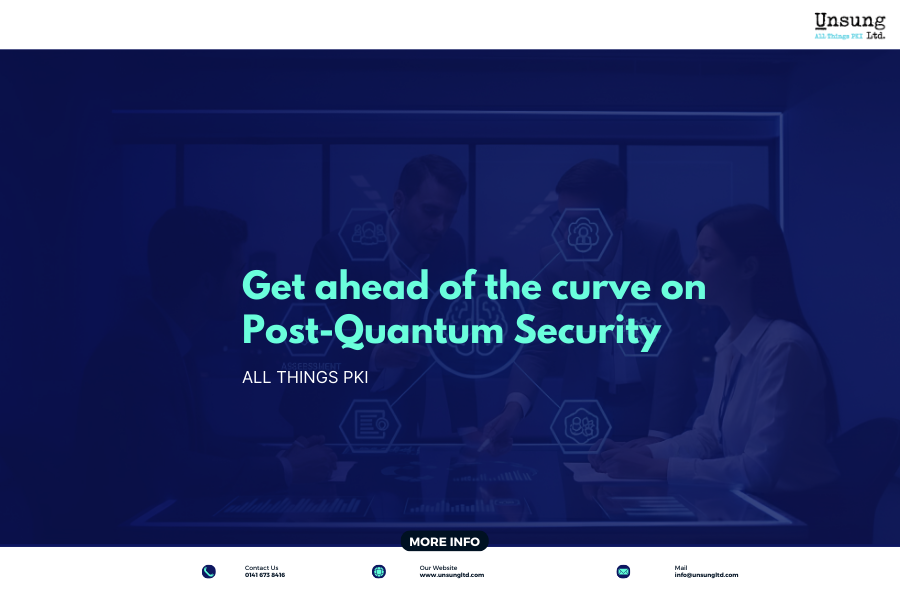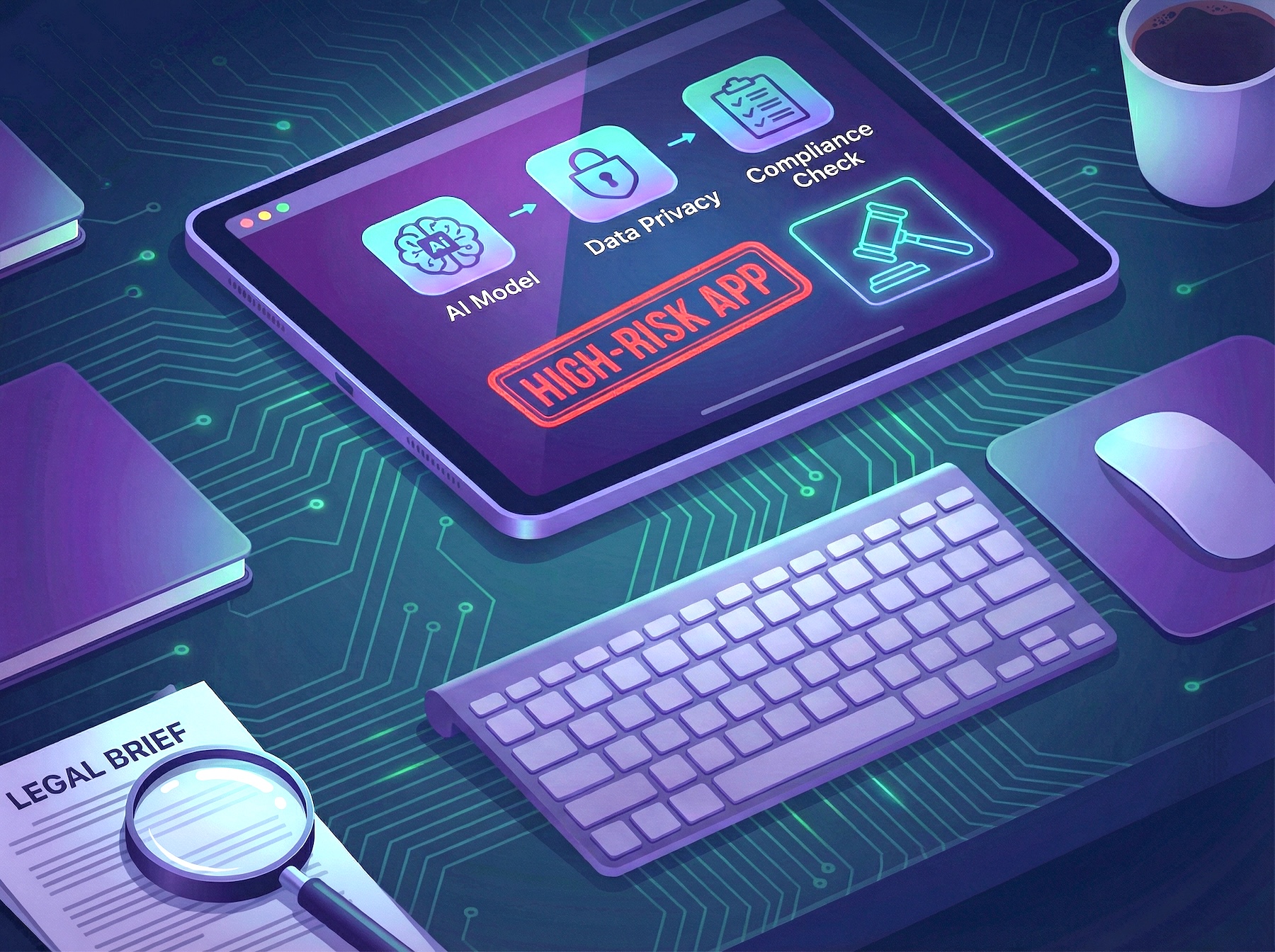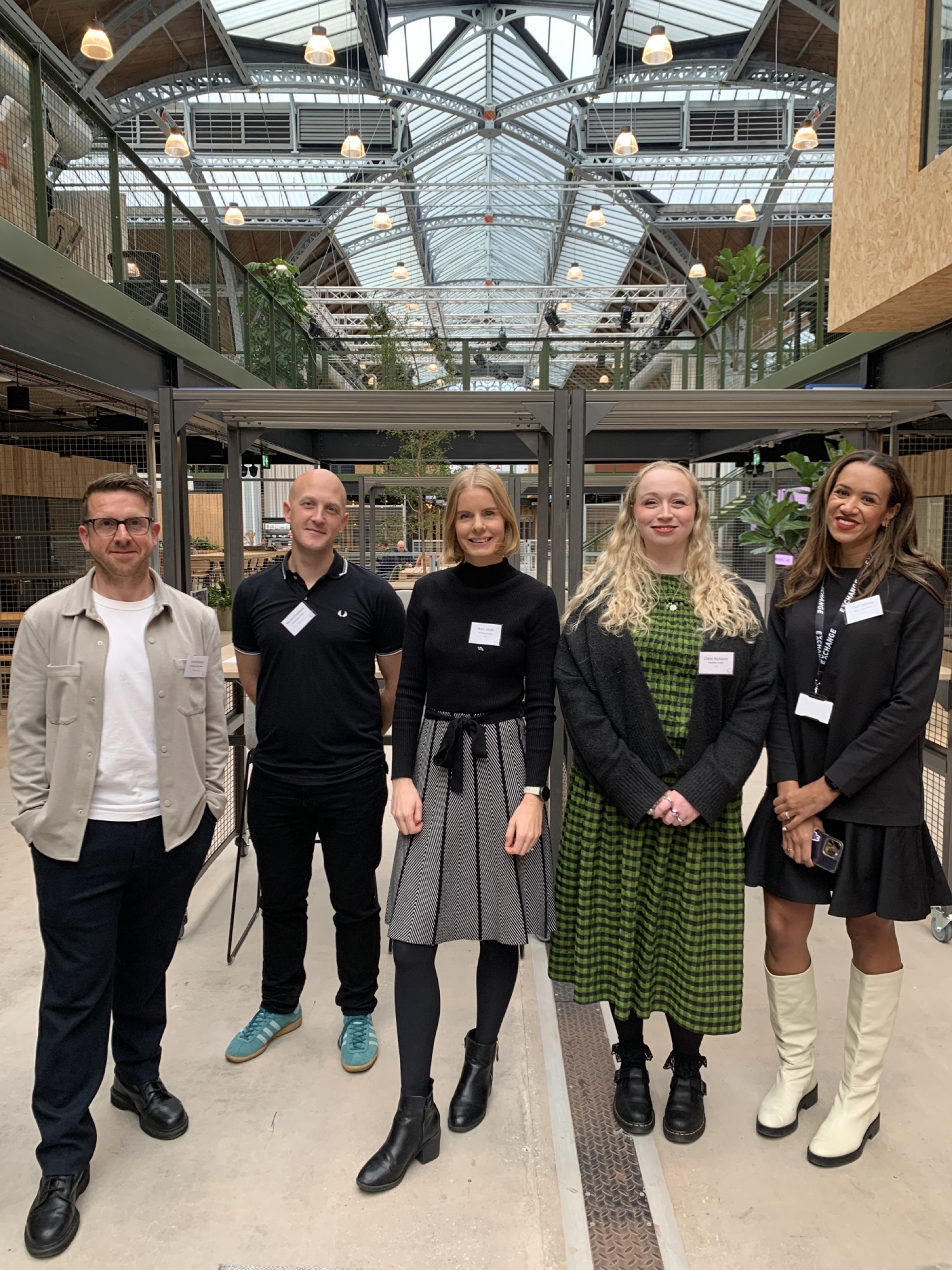We know. You’ve heard it all before.
‘Manchester has the potential to become a world-leading digital hub’.
But what needs to change for Manchester’s much-vaunted potential to become realised?
To become globally-renowned as a centre of tech excellence, many believe the region needs to...
- Continue to attract fresh talent
- Reduce the skills gap
- Allow our digital and tech community to actively shape and support education
Good news.
The opening of Manchester Metropolitan University’s School of Digital Arts (SoDA) may well prove to be the missing piece of the jigsaw, the piece that tackles these issues head-on.
SoDA, opening in 2021, will be a brand-new £35-million building on the Manchester Met campus dedicated to Digital Arts.

It will house a screening space, a digital art gallery, studios for motion capture, VR, film, photography, computer suites for learning coding and app development.
There will also be a whole floor dedicated to audio production for games, films – and all of the new technology that you might expect to support that.
As well as providing a haven for students looking to learn digital and tech skills, SoDA will be a safe space for industry too – welcoming the business sector in to take part in technology showcases, alongside the University, firms are running projects, mentoring students, and making sure that education is informed, first-hand on what industry’s needs are.
It is hoped SoDA will act as a creative fulcrum connecting industry to education – teaching the skills most needed to fill the jobs of today, and more importantly, the unknown roles of tomorrow too.
In the words of Katie Gallagher, Managing Director of Manchester Digital “the cross-disciplinary nature of SODA and the ability to absorb knowledge from a wide range of technical competencies means that businesses across Greater Manchester will have access to people who have the right skills to do the digital and tech jobs that are yet to be invented”.
To find out more about what SoDA will mean for the region, we talked to Paul Bason, Director of Digital Innovation – an initiative from Manchester Met University that acts to bridge the gap between higher education and digital businesses. Paul also sits on the Manchester Digital board.
Paul, why is SoDA needed?
Ultimately, the motivation for this is to address the skills’ gap that we perceive in the city.
The Manchester Digital Skills Audit (the survey of which has now just opened for 2019) has been instrumental in providing the evidence that informs us of the need to upskill, and in identifying the skills that need teaching.
We want to make sure there are opportunities across the board in areas such as visual effects, games, animation, film making, coding, app development and VR and AR.
You mention the Skills Audit, what other sources have formed the impetus for the creation of SoDA?
Across the sector, there’s a need for a whole range of emerging skills. The sector is moving so quickly that everybody is experiencing this lack of new emerging skills.
The university sector, through SoDA, is acting to bring a sense of the agile thinking we’re witnessing in business into curriculum development.
We’re trying to reflect that mindset so that students are able to respond more proactively to emerging technologies.
We can’t predict what those opportunities will be but we want students to be ready to go and seize the opportunities – either as entrepreneurs or by stepping into companies.
We need to create a place that not only upskills students but also makes them aware of upcoming opportunities, that’s addressing the skills gap.

What will SoDA enable you to do that you can’t currently achieve?
It’s about doing these things at scale.
It is about being an international beacon – if somebody is talking about studying some kind of media production, we want them to consider us alongside the likes of UCLA.
The case for Manchester being considered in this light is very well made.
We have the Northern Quarter, MediaCity, and a city that thrives on creativity.
SoDA will allow us to generate new international partnerships and strengthen our existing ones with the likes of Manchester Digital members so that everyone gets what they want out of SoDA.
In order for this to work, it has to be something that Higher Education, the city, and the GMCA deliver hand-in-hand.
It isn’t about improving Manchester Metropolitan University or the city, it's about improving the region, which is why we have GMCA funding.
What we expect to see are ripples that spread out across the region, and then come back in too.
We also have an outlook to attract a much more diverse range of students and therefore employees.
It is evident to us that creativity isn’t just about the ‘typical’ university students either.
There are groups of people that we don’t currently attract into Higher Education and as a result, these groups aren’t being reflected in the workplace.
Of course, there are other pathways to get into the industry – such as apprenticeships but we’re hoping that SoDA will help us to make the industry more inclusive. Alliances with organisations such as Manchester Digital will also help with that.
How aware are young people of the possibilities presented to them at SoDa?
That’s a good question.
It’s difficult – how does anyone anticipate what you want out of your life and your career when you’re 18?
I think our responsibility is to make it very clear where the opportunities are for young people. Away from Higher Education, we also have a responsibility to support schools and colleges in understanding and encouraging children to consider a career, which Manchester Digital does through its Digital Futures initiative.
Overall, we have to be judged by our actions and make SoDA a world-leading opportunity generator for students, and for the businesses that we work with in doing that.
Our vision is that students, if they’re not specialists – and we will create specialists in things such as coding, games development, animation etc. – might enter roles such as project managers and are very conversant with a whole range of different technologies. That way, if you’re not an expert coder, at least you are aware of what it takes to code something.
Those are two pathways we’re creating but it comes back to us wanting to teach through live projects with businesses.
So, Auto Trader, BBC, Code Computerlove, are they helping us to create the curriculum?
As part of that, could they set a three-week project that they could mentor students through? That would help us to identify the skills that students need, which helps us, but also it ultimately helps them to get to know people they may want to employ.
Therefore, the skills gap is shortened. Students are not spending six months sending CVs to people who are then coming back to them and saying ‘sorry, but you’ve not had any experience of XYZ’.
It’s no good throwing things at the universities and saying ‘you don’t teach what we need’ if we don’t shorten that distance between universities and the university courses.
Is the support currently provided by the sector adequate?
I think in Manchester, the support is good.
Manchester Digital is a great example of what we do as a region to improve our ecosystem and I think that we have an incredibly supportive and vibrant community which allows us to do that – but we could do better.
One of the ways we can make it better is SoDA. SoDA is a big statement about how we can do things better.
We, collectively the universities, the sector, Manchester Digital have provided a groundswell of opinion around what needs to be done which is why the GMCA is behind us.
SoDA is the tool to address the skills gap and to link education to industry.
Finally, how can our members get involved when SoDA opens?
Firstly, SoDA is a state of mind, not necessarily a building.
We’ll be opening in 2021 but we’re starting those activities now so businesses can contact me to get involved.
I’d like to emphasise that we could really do with employers coming forward to help us shape that agile curriculum too.
One of the key characteristics to get across about SoDA is that because it's about the skills gap, it starts with a relationship with business.
What’s really important is that as 50% of our funding comes from GMCA, we will be held accountable for the impact that we’ve had on the economy and the skills gap.
We can only do that by working closely with businesses.
Need help recruiting talent?
If your business needs to recruit new talent, or you wish to help Manchester Digital in shaping the curriculum, please get in touch with emma@manchesterdigital.com for more information on Digital Futures, our apprenticeship scheme or about how you can exhibit at the Manchester Digital Skills Festival.











